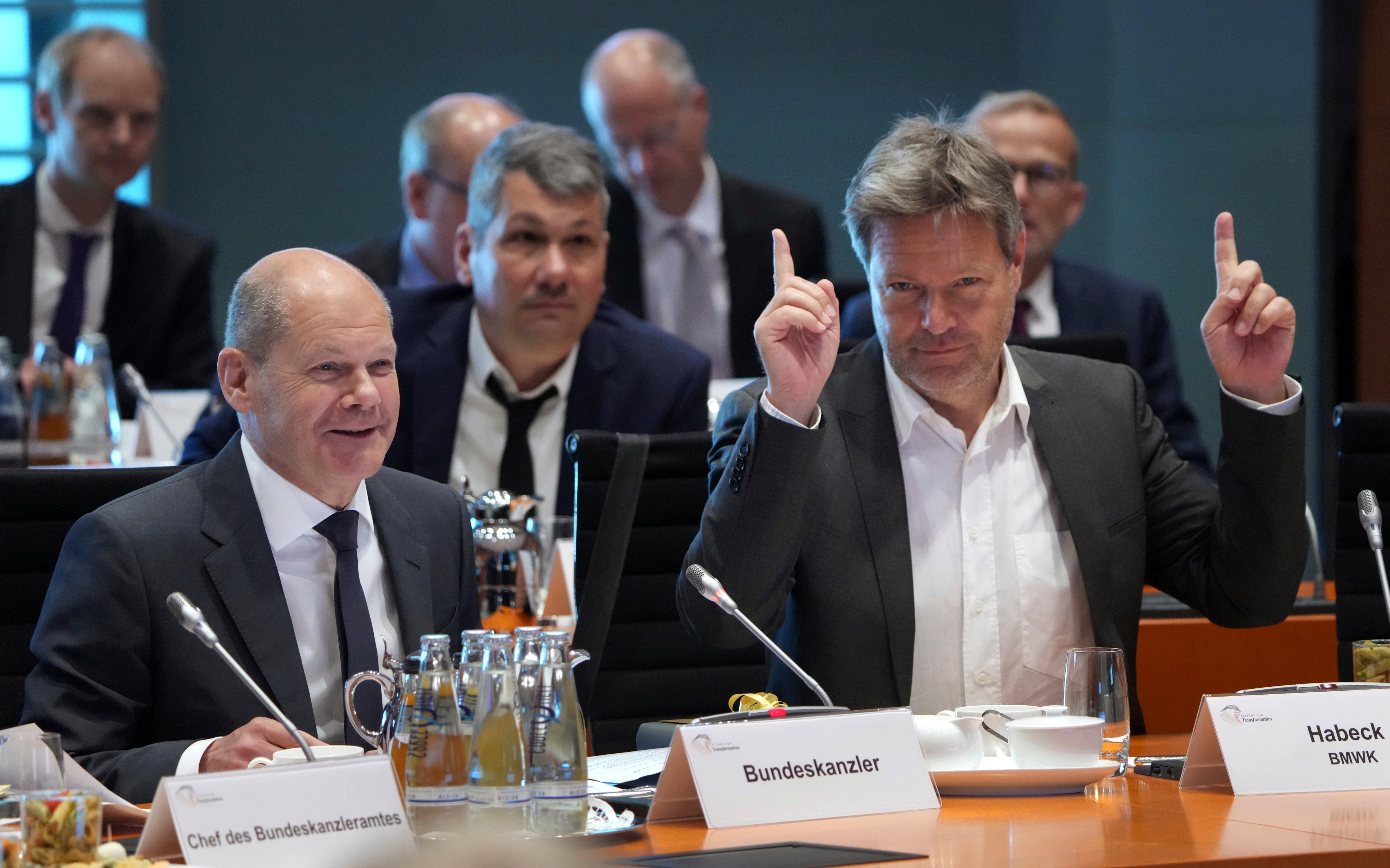German govt seeks to resolve wind power dispute with states
The German government has unveiled a bill to resolve a long-running dispute between federal authorities and the country’s 16 states over where to build land-based wind power plants

The German government unveiled a bill Wednesday to resolve a long-running dispute between federal authorities and the country's 16 states over where to build land-based wind power plants.
Some German states have bristled at proposals that would require them to set aside at least 1.4% of their surface for wind parks by 2026 and 2% by 2032, arguing that some people in rural areas don't want turbines close to their homes.
The compromise bill agreed to by the German Cabinet would give states some flexibility to build fewer wind power plants if they can persuade other states to agree to build more, including by paying them.
The bill also stipulates that the city-states of Berlin, Bremen and Hamburg would only have to set aside 0.5% of their surface for wind power. The legislation further states that profits from the parks will be shared with the regions where they are built and environmental protection rules that hamper turbine construction will be eased.
Climate and Energy Minister Robert Habeck said the proposals “will result in the expansion of wind power in Germany getting going again.”
Under Germany's energy transition plan, the country's remaining three nuclear plants are due to close this year and coal-fired power plants to be phased out by 2030.
Europe's biggest economy aims to produce electricity only from renewable sources such as wind, solar, biomass and hydropower by 2035.
___
Follow AP’s coverage of climate change at https://apnews.com/hub/climate